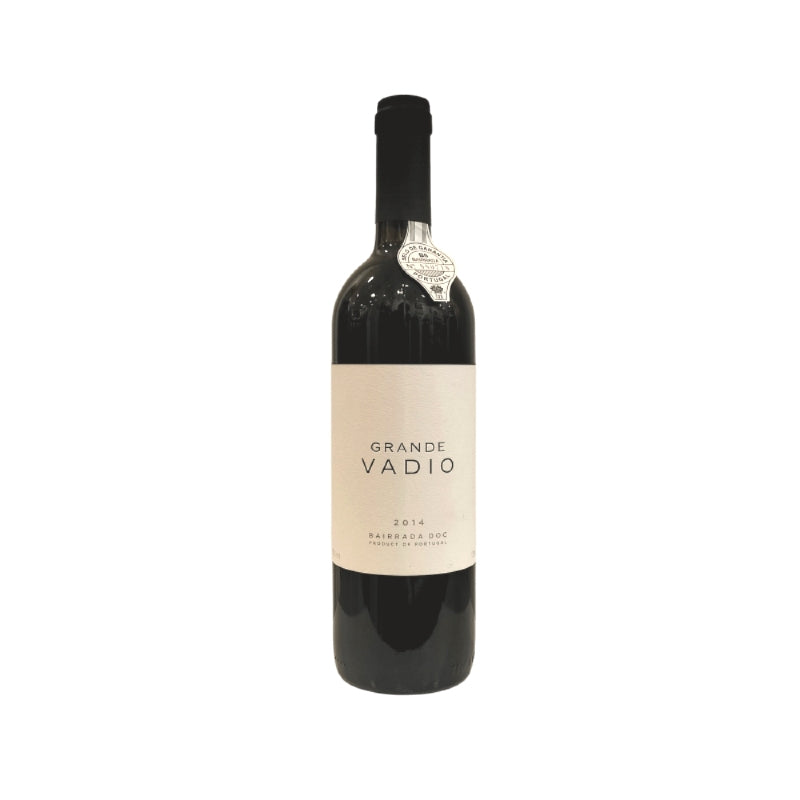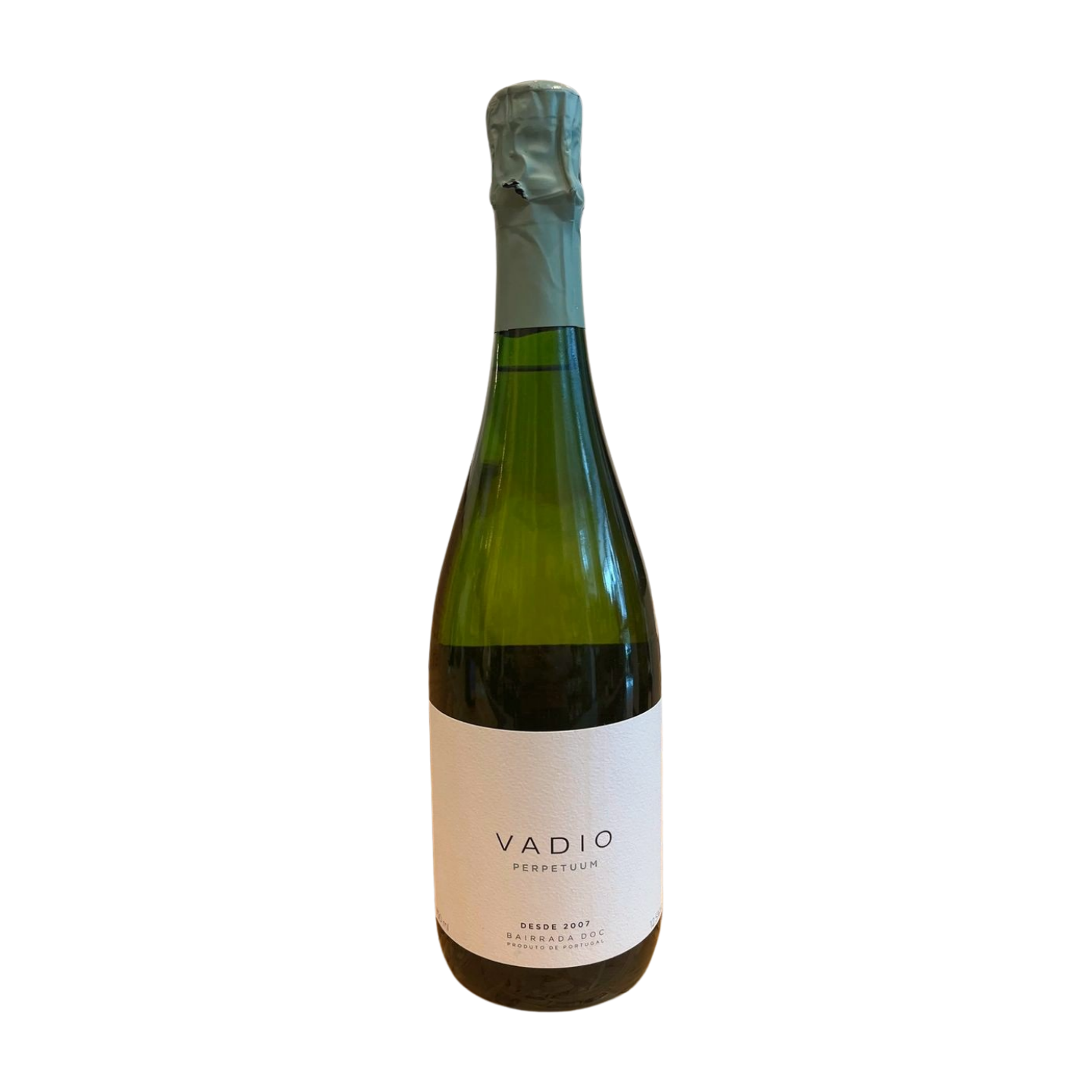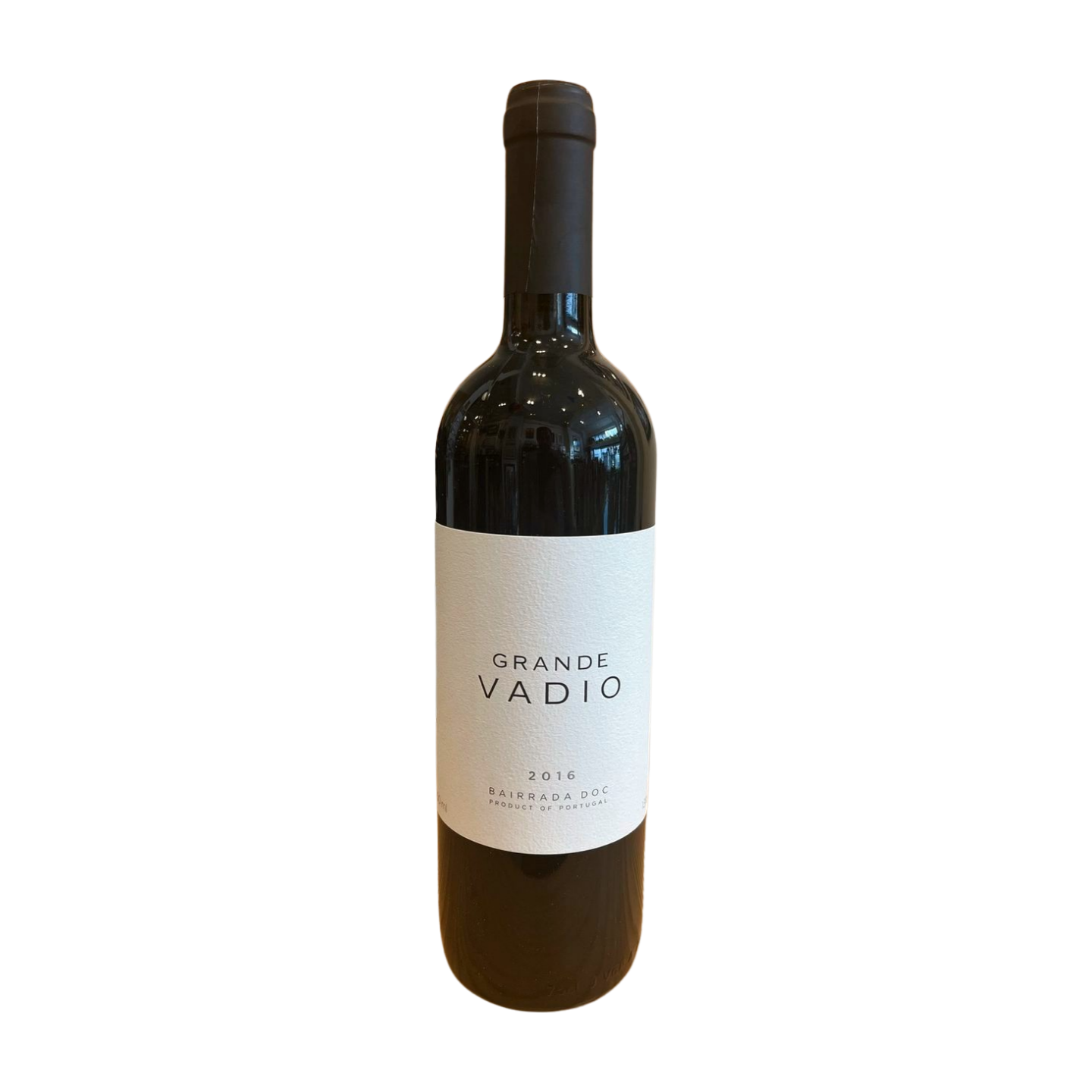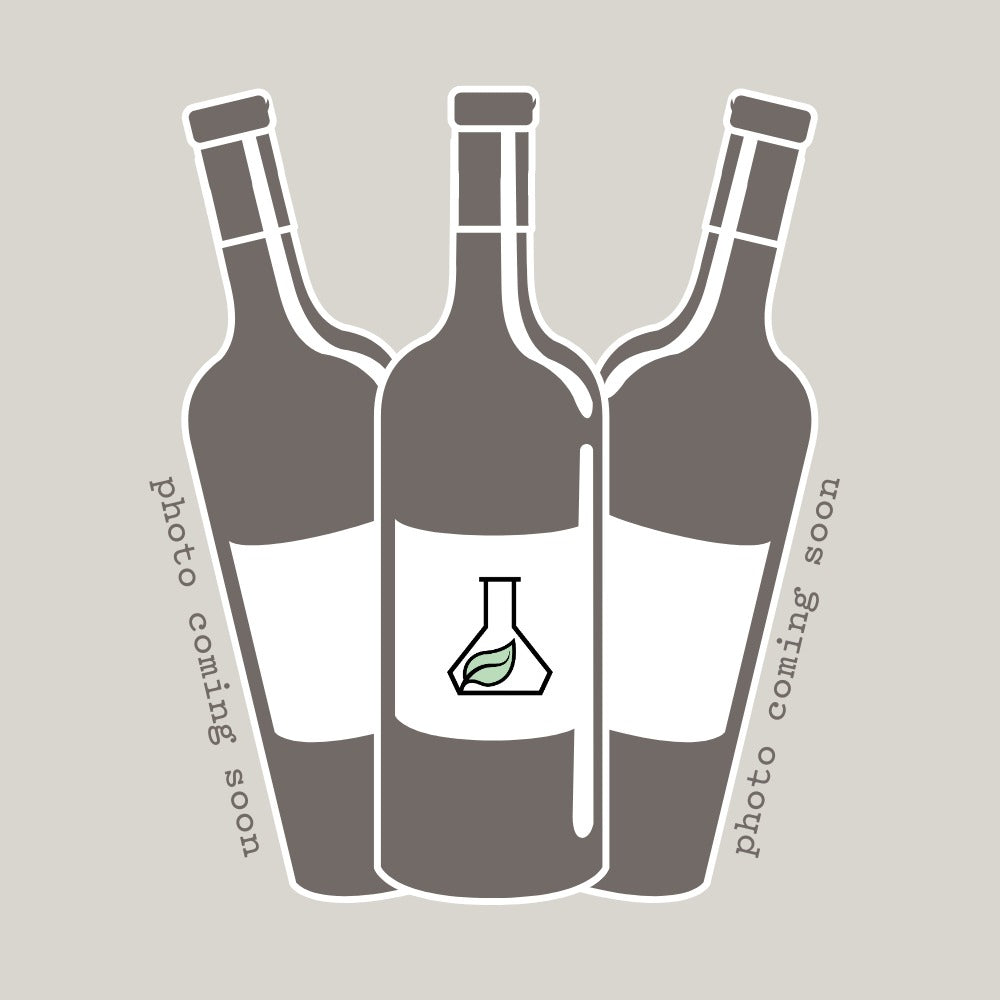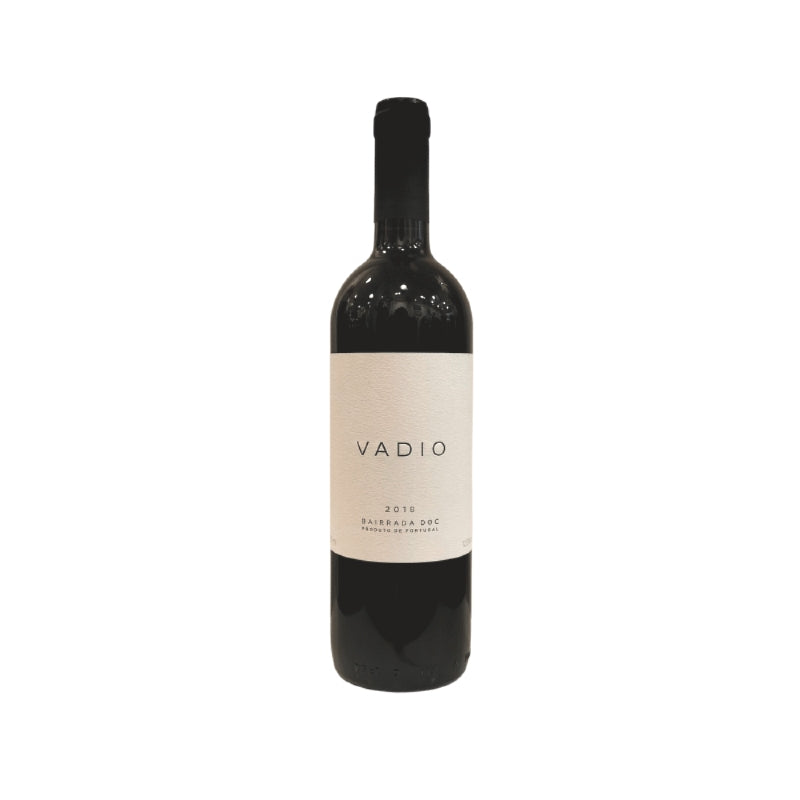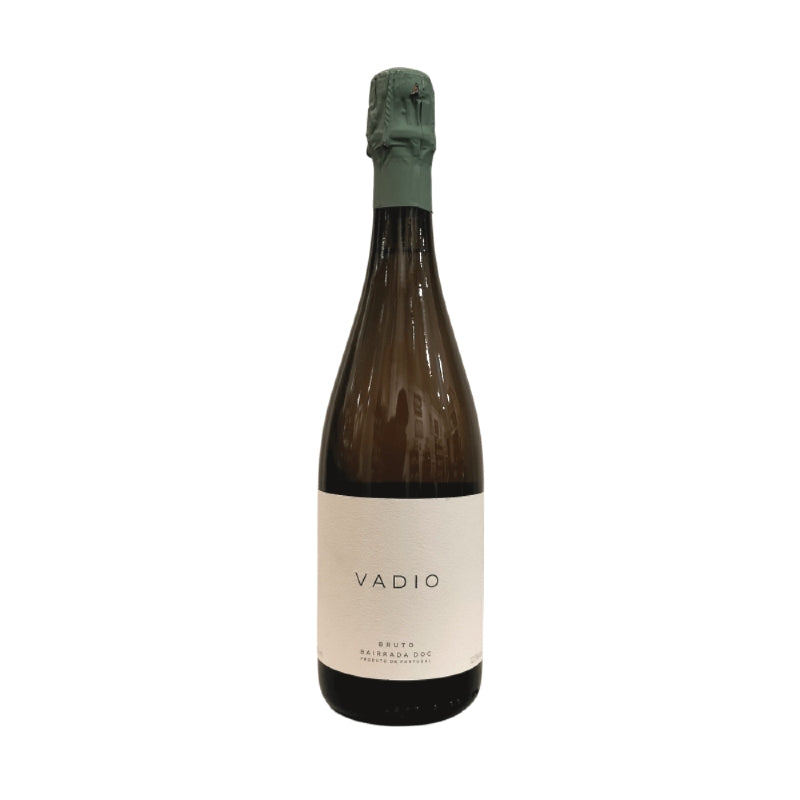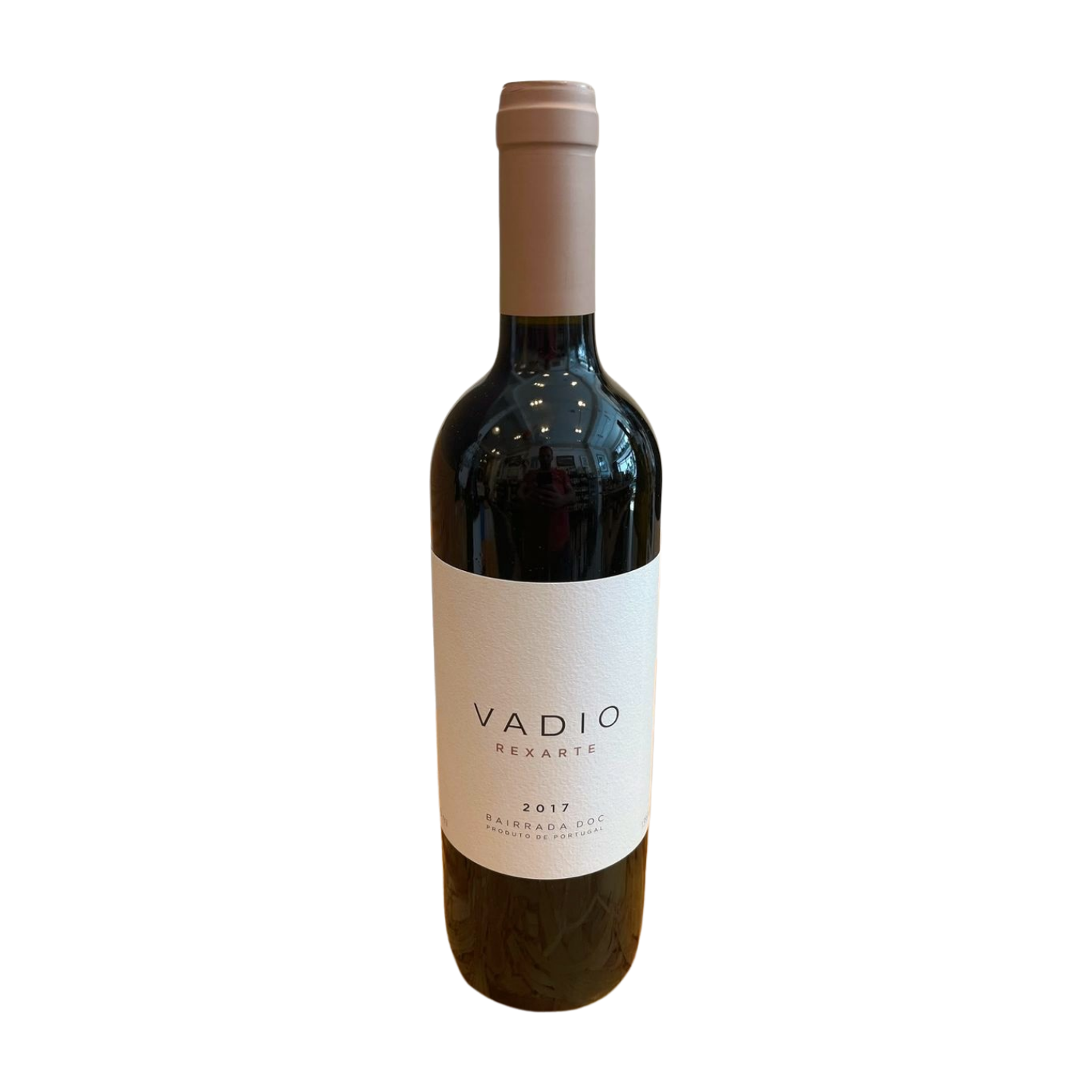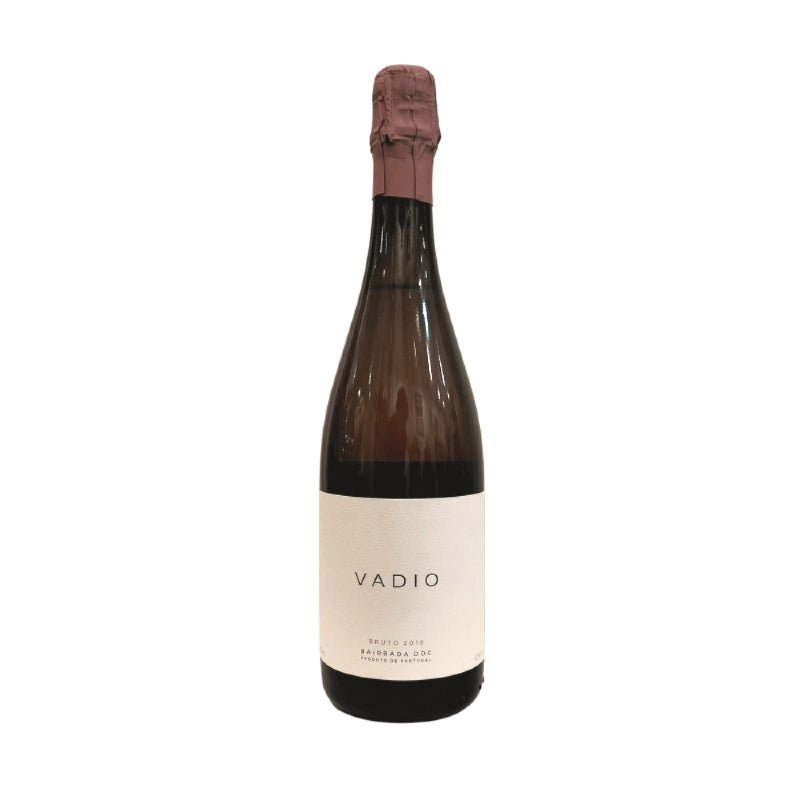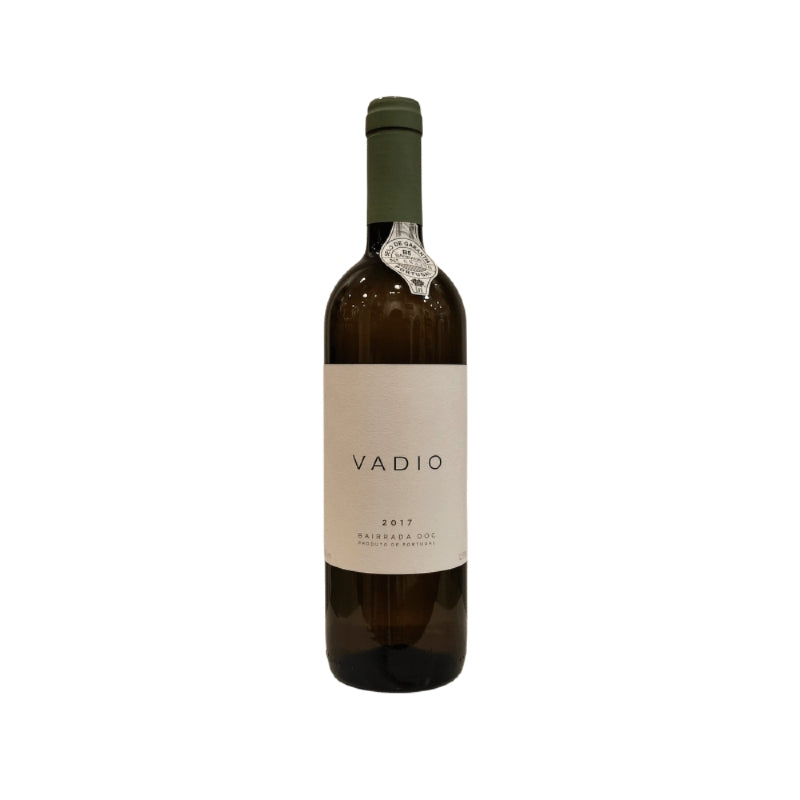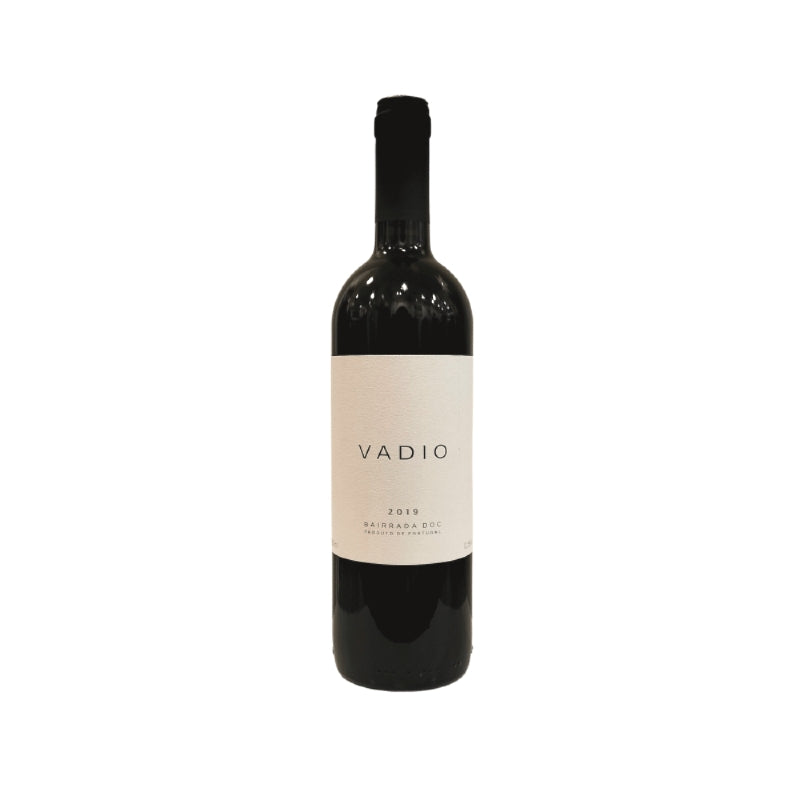Vadio
Vadio Wines, nestled in the village of Poutena within Portugal's Bairrada region, is a small, family-run project founded in 2005 by Luís Patrão. Their mission is clear: to revive the heritage of Bairrada by crafting authentic DOC Bairrada wines using traditional grape varieties.
Across 13 vineyards in Vale D. Pedro, totaling 10 hectares, Vadio cultivates a mosaic of 27 distinct plots. Their winery, a converted warehouse, reflects their dedication to simplicity and preserving the essence of Bairrada. The focus lies on classic wines that showcase the region's unique character and the personality of the grapes themselves.
Bairrada, itself bathed in the Atlantic influence some 200 kilometers north of Lisbon, boasts rolling hills, valleys, and a distinctive climate. Clay-limestone soils and native grape varieties weave a tapestry of flavors that set Bairrada's wines apart. Known for its long-aging potential in red Baga wines, the region also produces refreshing white and characterful sparkling wines.
Vadio Wines is a labor of love for the Patrão-Dias couple. Luís, a Bairrada native, splits his time between Vadio and his role as winemaking director at Herdade de Coelheiros in Alentejo. Eduarda, his wife, originally from Brazil, manages the daily operations of this family venture. Luís' father, Dinis Patrão, is a champion of organic farming, tending to the vineyards with a dedication that borders on reverence. Viticulturist Hugo Melo, a longtime friend, and cellar workers Filipe Abreu and Dona Lurdes Silva round out this passionate team. Together, they breathe life into Vadio's vision of preserving Bairrada's rich winemaking heritage.
Filters
Portuguese wine
Frequently asked questions
The entire country of Portugal is divided into 14 different wine regions, including in the Azores and Madeira islands. Some of Portugal's most famous winemaking regions include the Douro Valley (known for Port) and Vinho Verde (known for its light, refreshing white wines).
Portugal is becoming more well known for its orange wines, talha wines (traditionally made in clay pots), and palhete (made by blending red and white grapes together).
Portugal is best known for its fortified wine, called Port wine. It is produced in the Douro Valley, which is a UNESCO World Heritage Site and recognized as the world's first demarcated wine region, established in 1756.
Vinho Verde in northern Portugal is another popular winemaking region characterized by rolling hills and lush landscapes. It's known around the world for low-alcohol, refreshing white wines, although the region traditionally focused more on red wines made with the fruit-forward vinhão grape.
The Portuguese island of Madeira, with its subtropical climate, is renowned for its fortified wines. Winemaking here dates back to the 15th century, when Portuguese
explorers brought grape varieties from around the world.
Our sustainable, natural wine shop is located in the Marquês neighborhood in Porto, Portugal. We also ship to countries around the world, including within Europe, the United States, Canada, Australia, China, and more. Review our Shipping Policy to learn more.
In recent years, there has been a notable shift toward sustainable viticulture and the production of natural wine in Portugal. Many winemakers are implementing organic farming practices and embracing biodiversity to maintain soil health and reduce chemical inputs. This commitment to sustainability is not only beneficial for the environment but also enhances the quality of the wines, allowing the unique characteristics of the terroir to shine through. For example, some winemakers are now utilizing ancient terracotta amphorae for fermentation (called talha in Portuguese). This method preserves regional cultural heritage, enhances the wine's character, and aligns with sustainable practices by reducing reliance on modern materials.

